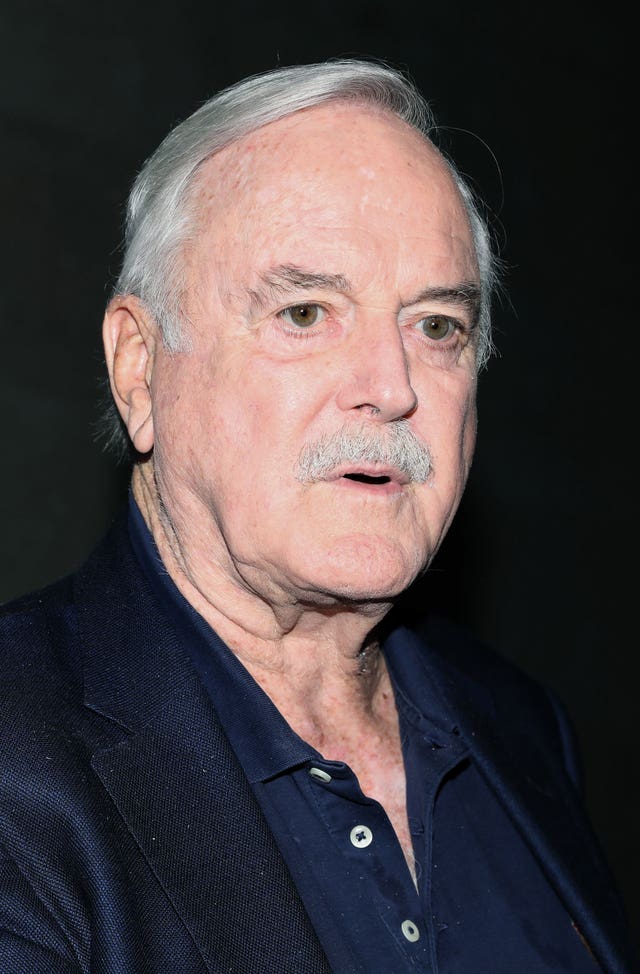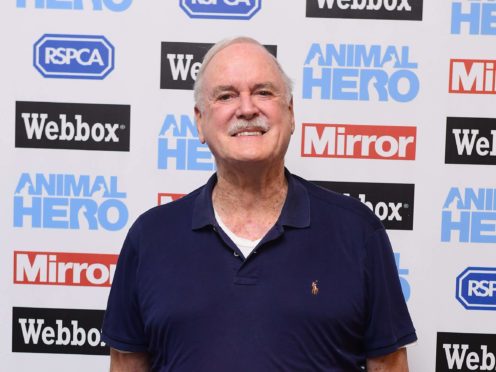John Cleese said money can “kill” creativity and criticised TV executives who think they know better than writers.
Cleese, 81, is one of the most successful comedy stars in British entertainment history, lauded for his work on shows including Monty Python and Fawlty Towers.
However, his success has not spared him from meddling executives.

Speaking during Advertising Week Europe 2021, he said: “Executives seem to have no idea about how to bring out the creativity. The first thing they want to do if you tell them an idea is they say, ‘Well, when can we see something?’. The correct answer to that is ‘Why do you want to see it anyway? What do you know?’
“This is the problem – they think they know, (but) they’ve never written, they’ve never performed, they’ve never directed, but they think that when they were given the big desks, some mystical process took place by which they suddenly understood comedy.”
Cleese, whose films include A Fish Called Wanda and Fierce Creatures, lamented the effects of money in the creative sphere.
He said: “Money is – I think – the killer (to creativity) because it provides huge anxiety, and it just means that people stop thinking, ‘How could we make this as good as possible?’ They say, ‘How can we make it as commercial as possible?’

“And that pressure has always been out there. Imagine with focus groups, there’s no question that Hamlet would have won the duel and would’ve been alive at the end.”
Cleese is best known for his work with surreal comedy troupe Monty Python, whose sketch show first aired on the BBC in the 1960s.
He created and starred in sitcom Fawlty Towers, which ran for two series in 1975 and 1979.
Cleese said he chose to work at the BBC because it produced better comedy than its rivals.
He said: “My joke is that I do a lot of work for charity, most of it for the BBC. What people find hard to believe was that when we started Monty Python I was getting £240 a show.
“I was getting £4,000 for eight months of work – writing and shooting – so I wasn’t doing it for the money. Fawlty Towers, the first series – six shows, writing and performing – I got £6,000.
“I wasn’t doing it for the money, I was doing it because the BBC always produced better comedy than the competition.”
